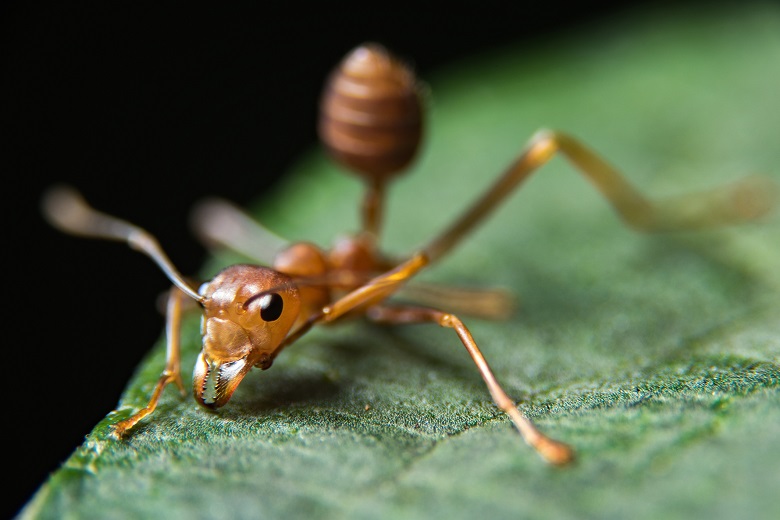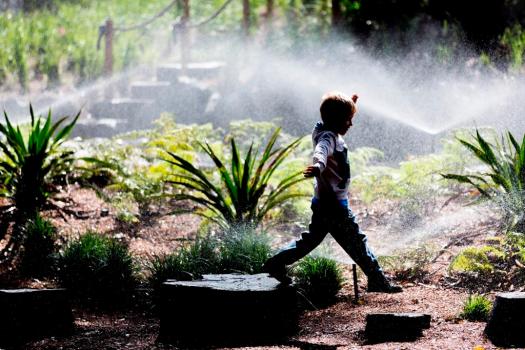
A report has found policy failings at the NSW agency charged with protecting the community and environment from pests, disease, weeds and contaminants.
Shortcomings in biosecurity procedures at the NSW Department of Primary Industries include a lack of data sharing partnerships, a failure to address emerging risks and a focus on economic rather than environmental and community risks, according to a report from the state’s Auditor-General.
The report, released by Auditor General Margaret Crawford this month, found the DPI lacked compliance policies regarding emerging environmental risks such as outbreaks of red fire ants or yellow crazy ants, and had not sufficiently addressed issues like the impact of tourism and construction.
“There are also gaps in its emergency response practice that limit its ability to identify and set priorities to respond to pests and diseases that impact on the environment and community activities,” the report says.
Gaps in data around compliance is also hampering the agency’s performance, the audit found, with a lack of data on the compliance activities of partners like Local Land Services and Local Control Authorities resulting in an incomplete picture of biosecurity risks.
Although the agency was found to conduct regular compliance activities, its annual review was based on limited data and consultation with stakeholders, making it less effective, the Auditor-General said.
The department was also found not to be formally engaging with state partner agencies – a factor reducing its ability to respond to biosecurity risks and potentially leaving it under-resourced.
Question marks around spending
The audit also flagged concerns about the agency’s spending patterns and a lack of proper financial records.
The department was not able to demonstrate that the work it is doing was economical because it did not collect response specific financial data, the audit found.
In particular, the department is failing to match budgets with the level of risk of a biosecurity threat, according to the audit, casting doubt on key financial decisions.
“DPI monitors costs of its biosecurity activities, but it cannot identify all the costs of aggregate or individual biosecurity activities,” the audit finds.
“This limits its ability to ensure the cost of each response is commensurate with the risk.”
The DPI said it accepted there were “opportunities to improve our practices” and would work to ensure areas for improvement continued to be addressed.
Comment below to have your say on this story.
If you have a news story or tip-off, get in touch at editorial@governmentnews.com.au.
Sign up to the Government News newsletter.

